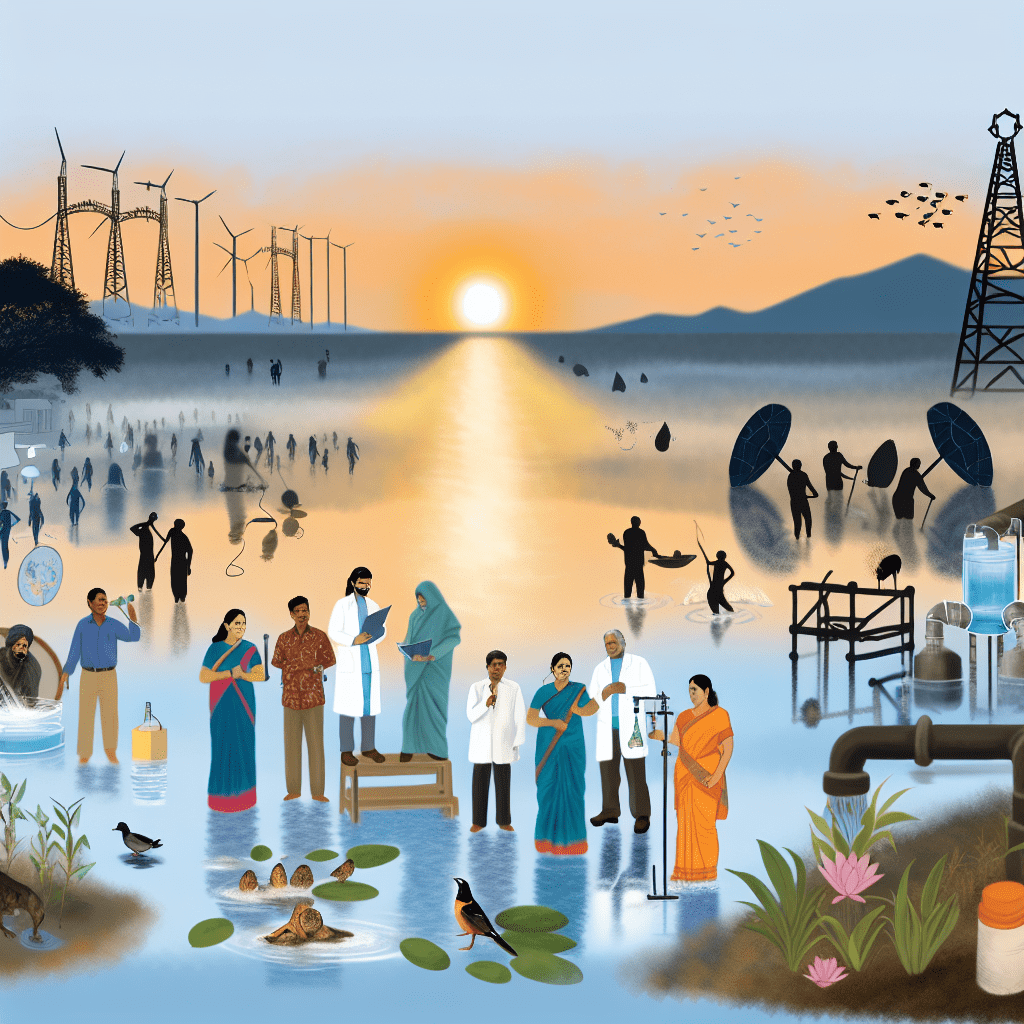”
Water, a critical resource universally, can often pose significant challenges in terms of quality. This dilemma is starkly visible in India, where the issue of water quality often takes center stage against the backdrop of its diverse landscape and massive population. This article will delve into the water quality issues in India, their origins, and potential remedies.
Despite holding 4% of the world’s fresh water, India faces a water quality crisis that is both deep and complex. Pollution from industrial activities, agricultural runoff, and lack of sufficient sanitation infrastructure have led to severe contamination of its water bodies and groundwater.
Pollutants including heavy metals, pesticides, fecal coliforms, and disease-causing pathogens have severely tainted India’s water, risking human health and biodiversity. Increased occurrences of water-borne diseases underscore the gravity of this issue.
The Indian government has made efforts to tackle water quality challenges, as seen through initiatives like the ‘Clean Ganga’ campaign and the Jal Jeevan Mission. However, these efforts must be bolstered by comprehensive and sustainable approaches to create a tangible impact.
Effective strategies include stringent enforcement of industrial waste disposal regulations, promoting sustainable farming practices, and substantial investment in improving sanitation infrastructure. Robust monitoring of water quality and swift action on violators should be integral to this approach.
Community involvement and public awareness are also critical keys to change. Programs aiming at educating about the importance of water conservation, pollution avoidance, and safe sanitation practices can transform the public’s interaction with water resources at a fundamental level.
In conclusion, while India’s water quality challenges are formidable, they can undoubtedly be overcome. By leveraging effective governance, technological advancements, and committed public participation, India can secure the future of its water and, in turn, the health of its people.
By FountainGO!

